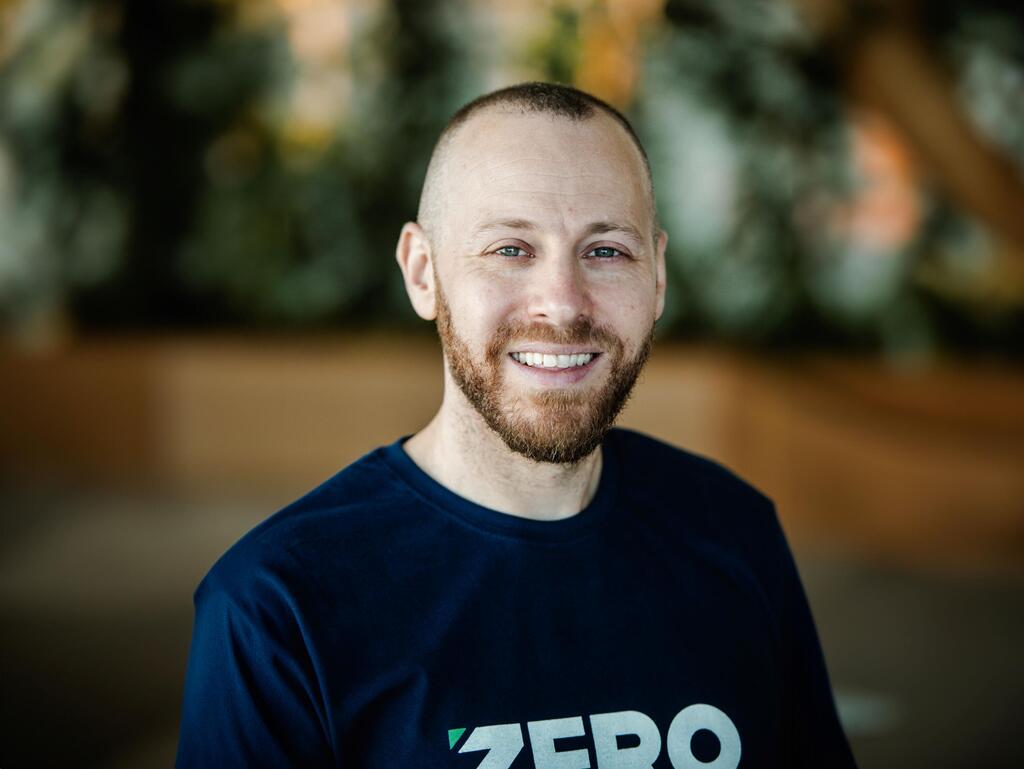
Opinion
Cyber 2024: Challenges and opportunities for Israeli companies
“The missed opportunities of 2023 present great opportunities for 2024: automated security solutions that are quick and easy to install and use, equipped with discovery and visibility tools, and deployed in the hybrid cloud to cover all customer infrastructures,” writes Benny Lakunishok, co-founder and CEO of Zero Networks
Despite the global and local high-tech crisis that intensified in Israel due to the attempted judicial overhaul, war, and an unprecedented economic crisis, the year 2023 continued to be favorable for the Israeli cyber industry. Although capital raising in this market fell by 41% in 2023 to $1.9 billion, the number of exits jumped from 16 in 2022 to 21 in 2023, accounting for about 50% of all exits in the past year. Another positive development is that the average size of a Seed round among cyber companies has reached $10 million, compared to just a few million a few years ago.
However, behind these data lies a more important story that actually indicates fundamental problems characterizing the Israeli cyber industry and posing threats to its future. Many startups develop niche solutions without real differentiation in an already saturated market. Moreover, many of these startups do not understand the needs and challenges of organizations today, resulting in solutions that fail to tap into the great potential of the market.
The first challenge facing any organization today is the huge shortage of cyber experts, estimated at 4 million people by the end of 2023, representing an increase of 12.6% compared to 2022. Research by Gartner predicts that by 2025, over 50% of cyber breaches will be caused by a lack of personnel or human errors.
Organizations also suffer from a lack of cyber experts, which has become a negative force multiplier affecting their ability to deal with attacks. The threats they face are extensive and never-ending. If they choose to deal with 10 significant threats a year, in many cases, they are only able to address three, leaving them exposed to numerous significant threats. The key to solving this problem lies in security solutions that are easy to implement and based on automation. Unlike many solutions currently available in the market that require manual configurations and consume significant resources, hackers have adopted end-to-end automation tools.
For example, a large part of ransomware attacks is automated, with hackers penetrating an organization, setting a delayed trigger for a week, and triggering the attack at a predetermined time, sometimes without the organization even realizing the penetration has occurred. Through automation, hackers managed to increase the number of ransom attacks in 2023, and an estimated 10% of organizations worldwide suffered from this type of attack (compared to 7% in 2022).
Organizations urgently need automated cybersecurity solutions that can bridge the manpower gap. Moreover, these solutions must be simple, user-friendly, fast, and easy to install and use, allowing any organization to immediately benefit from the automatic capabilities without investing significant resources. Waiting for many months, sometimes up to six months, for a new cyber solution to be activated is not feasible for organizations. Getting it up and running within a month should be the goal of any modern cyber solution.
Another difficulty for many organizations in dealing with cyber attacks stems from the fact that many managers lack visibility into their organization's infrastructure. They do not know what machines and resources they have. The cyber solutions they have implemented lack discovery and visibility tools, making it difficult to fully defend against attacks and leaving many loopholes.
Lastly, many cyber solutions are adapted only to a cloud environment or only to a data center in the client's on-premises environment. However, organizations adopt a hybrid model in which 80% of them require security solutions that can block end-to-end threats in both their cloud and local data center environments.
Israeli startups, many of which fail to address the real security needs of organizations, are threatening their own existence. The missed opportunities of 2023 present great opportunities for 2024: automated security solutions that are quick and easy to install and use, equipped with discovery and visibility tools, and deployed in the hybrid cloud to cover all customer infrastructures.
Benny Lakunishok is the co-founder and CEO of the Israeli cyber startup Zero Networks.















